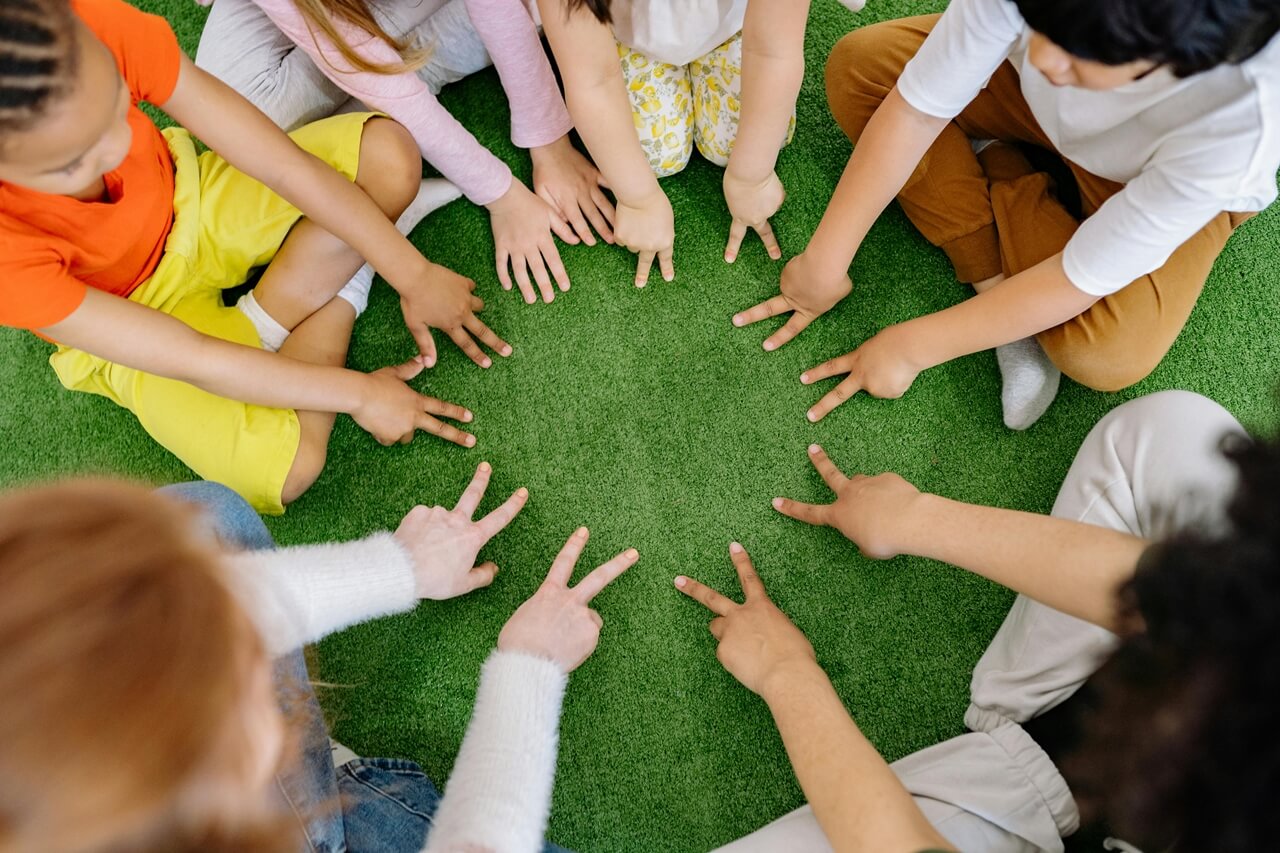
Mindfulness in IB Schools: Building Focus, Resilience, and Emotional Balance
The International Baccalaureate (IB) framework is known for its emphasis on holistic development, nurturing both academic and personal growth. Among the approaches gaining prominence in IB schools is mindfulness, a practice that encourages students to be present, aware, and calm. In classrooms where academic rigour often meets high expectations, mindfulness offers balance by building focus, resilience, and emotional stability. By weaving mindfulness into daily routines, IB schools create environments that promote well-being alongside intellectual achievement.
What is Mindfulness in Education?
Mindfulness refers to paying deliberate attention to the present moment with openness and curiosity. In the educational context, it involves activities such as guided breathing exercises, mindful listening, journaling, and reflective pauses. These practices help students regulate emotions, manage stress, and develop clarity of thought. In IB schools, mindfulness is not treated as a separate subject but as a supportive practice integrated into teaching, learning, and assessment.
Focus and Concentration Through Mindfulness
One of the most immediate benefits of mindfulness is improved focus. In classrooms where distractions are constant, mindfulness exercises such as breathing patterns or short meditations help students reset their attention. This renewed focus allows them to engage more effectively with inquiry-based learning, one of the cornerstones of the IB curriculum. Teachers also find that mindfulness techniques reduce classroom restlessness, creating calmer and more productive learning environments.
Building Resilience
Resilience is the ability to bounce back from setbacks and challenges, an essential skill for students navigating academic demands. Mindfulness equips learners with strategies to handle stress, self-doubt, and failure in a constructive way. For example, reflecting on difficult experiences during a guided mindfulness session allows students to process emotions without being overwhelmed. This fosters a growth mindset, encouraging them to view challenges as opportunities for learning rather than obstacles.
Emotional Balance and Well-Being
In addition to focus and resilience, mindfulness plays a vital role in supporting emotional balance. Young learners often struggle with anxiety, pressure, or emotional swings. Through mindfulness practices such as body scans or gratitude reflections, they learn to identify emotions and respond with greater calmness. This emotional regulation improves peer interactions, reduces conflicts, and enhances overall classroom harmony. For IB schools that prioritise social and emotional learning, mindfulness becomes an essential complement to academic rigour.
Benefits of Mindfulness in IB Schools
| Area | Impact of Mindfulness |
|---|---|
| Focus | Improves attention span and reduces classroom distractions. |
| Resilience | Encourages students to cope positively with setbacks and stress. |
| Emotional Balance | Enhances self-awareness and reduces anxiety and emotional swings. |
| Peer Relationships | Promotes empathy, reduces conflicts, and fosters cooperation. |
| Academic Performance | Improved concentration and confidence contribute to stronger results. |
The Role of Teachers in Integrating Mindfulness
Teachers in IB schools serve as role models for mindfulness practices. By beginning lessons with short breathing exercises or ending the day with reflection, educators normalise mindfulness as part of the learning culture. Teachers also benefit personally, as mindfulness reduces stress and enhances their ability to manage classrooms effectively. When both teachers and students practise mindfulness together, the classroom becomes a supportive and collaborative space.
Long-Term Impact of Mindfulness
The influence of mindfulness extends far beyond school years. Students who cultivate mindfulness early develop lifelong habits of self-care, focus, and emotional resilience. These skills prepare them for the pressures of higher education and professional life. Moreover, mindfulness supports IB’s mission of developing balanced individuals who can make thoughtful contributions to society. By equipping students with tools for both academic and personal well-being, IB schools ensure they are ready for challenges beyond the classroom.
Mindfulness in IB schools represents a thoughtful blend of academic excellence and personal well-being. By enhancing focus, strengthening resilience, and fostering emotional balance, mindfulness helps students thrive in both their studies and their lives. As the practice becomes an integral part of IB education, it ensures that students grow not only as knowledgeable learners but also as compassionate, balanced individuals prepared for the complexities of the modern world.
 (1).png)